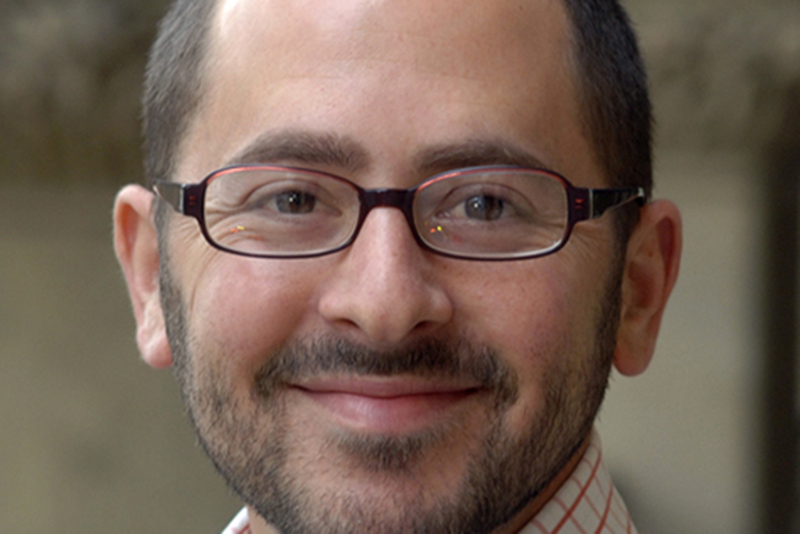Professor Wins Southeast Asian Politics Paper Prize
Menchik's work part of forthcoming book on tolerance and world's largest Islamic organizations

Jeremy Menchik, an assistant professor of international relations in Boston University’s Pardee School of Global Studies, was awarded the Southeast Asian Politics Paper Prize from the American Political Science Association’s Southeast Asian Politics Group for his 2014 paper, “Productive Intolerance: Godly Nationalism in Indonesia.”
Menchik’s paper is part of his forthcoming book from Cambridge University Press, Islam and Democracy in Indonesia: Tolerance without Liberalism. Due to be released in November 2015, the book explores the meaning of tolerance to the world’s largest Islamic organizations and the implications for democracy in Indonesia and the broader Muslim world.
In the book, Menchik argues that understanding these issues requires decoupling tolerance from liberalism and investigating the historical and political conditions that engender democratic values. Drawing on archival documents, ethnographic observation, comparative political theory, and an original survey, Islam and Democracy in Indonesia demonstrates that Indonesia’s Muslim leaders favor a democracy in which individual rights and group-differentiated rights converge within a system of legal pluralism, a vision at odds with American-style secular government but common in Africa, Asia, and Eastern Europe.
Menchik previously participated in a workshop in Bergen, Norway, on religion and legal regulation in global politics from June 18 to 19, 2015. He presented a paper on how democracies with a soft separation between church and state regulate religion, focusing on Bulgaria, Romania, Austria, India, and Indonesia.
Menchik’s research interests include comparative politics, religion and politics, Southeast Asia, and the Middle East. At Boston University, he is a member of the graduate faculty of political science and religious studies, and he coordinates the Pardee School’s master’s program in international relations and religion.
Comments & Discussion
Boston University moderates comments to facilitate an informed, substantive, civil conversation. Abusive, profane, self-promotional, misleading, incoherent or off-topic comments will be rejected. Moderators are staffed during regular business hours (EST) and can only accept comments written in English. Statistics or facts must include a citation or a link to the citation.